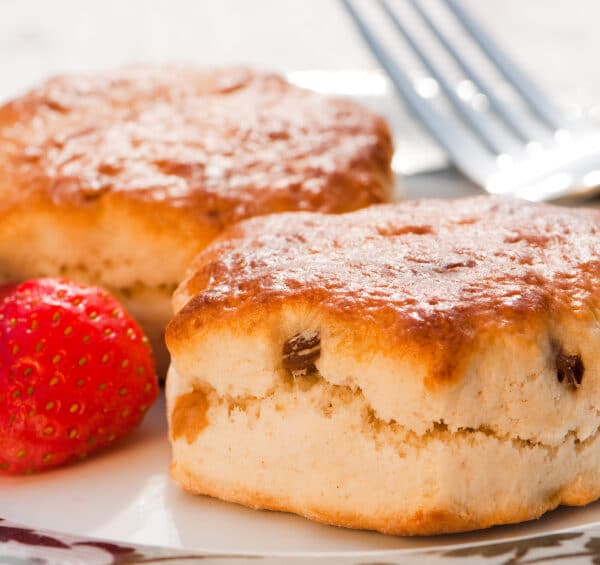
Some experts believe that snacking in addition to meals could be a factor in the present obesity ‘epidemic’ (as well as established factors, such as food choice and sedentary behaviour). However, the actual relationship between snacking and bodyweight is difficult to interpret because there are many factors involved in a person’s dietary pattern, such as appetite, age and physical activity levels. Therefore, one universal dietary recommendation is not appropriate for every life stage.
Snacking for older adults may have benefits
Nevertheless, a recent study demonstrated that snacking could make important contributions to a healthy diet in older adults (aged 65 and over). Some older adults may struggle to maintain a healthy, balanced diet for a number of reasons including: reduced appetite; restricted mobility; deterioration of taste, smell and dentition; chronic illness; isolation; grief, depression and other mental health factors. These factors all affect dietary behaviour and may result in inadequate intake of nutrients, as well as dehydration. The study suggested that snacking may be valuable to ‘top up’ any shortfall in nutrients and fluids, which is not achieved by consuming only three meals a day. The author of the study highlighted that snacking (on average 2.5 snacks/day – 1 snack equals approximately 150 kcal) in older adults, was important for adequate intakes of energy, protein, carbohydrate and fat, and also helped to increase daily intakes of vitamins A, C and E, magnesium, copper and potassium.
Catering for older adults in residential care
A healthy diet that tastes good is very important for older adults living in residential care. Therefore, when catering for older adults at least two snack opportunities should be incorporated into the daily menu. Also, emphasis should be to serve delicious snacks, accompanied by a drink, that are easy to prepare and affordable, and that meet the nutritional needs of the older adult. Snack time should be enjoyable for both the older adult and the caregiver.
Here are some examples of tasty snacks suitable for older adults:
- Sardines on toast
- Cheese on toast
- Peanut butter on oatcakes
- Fruit smoothie made with Greek yogurt and a drizzle of honey
- Mug of soup and soft roll with butter or spread
- Apple and cinnamon cake
- Fruit scone with butter or spread and jam
- Date and raisin tea bread
- Fruit pancake with butter or spread
Helena Gibson-Moore – Nutrition Scientist, British Nutrition Foundation – Guest Expert




